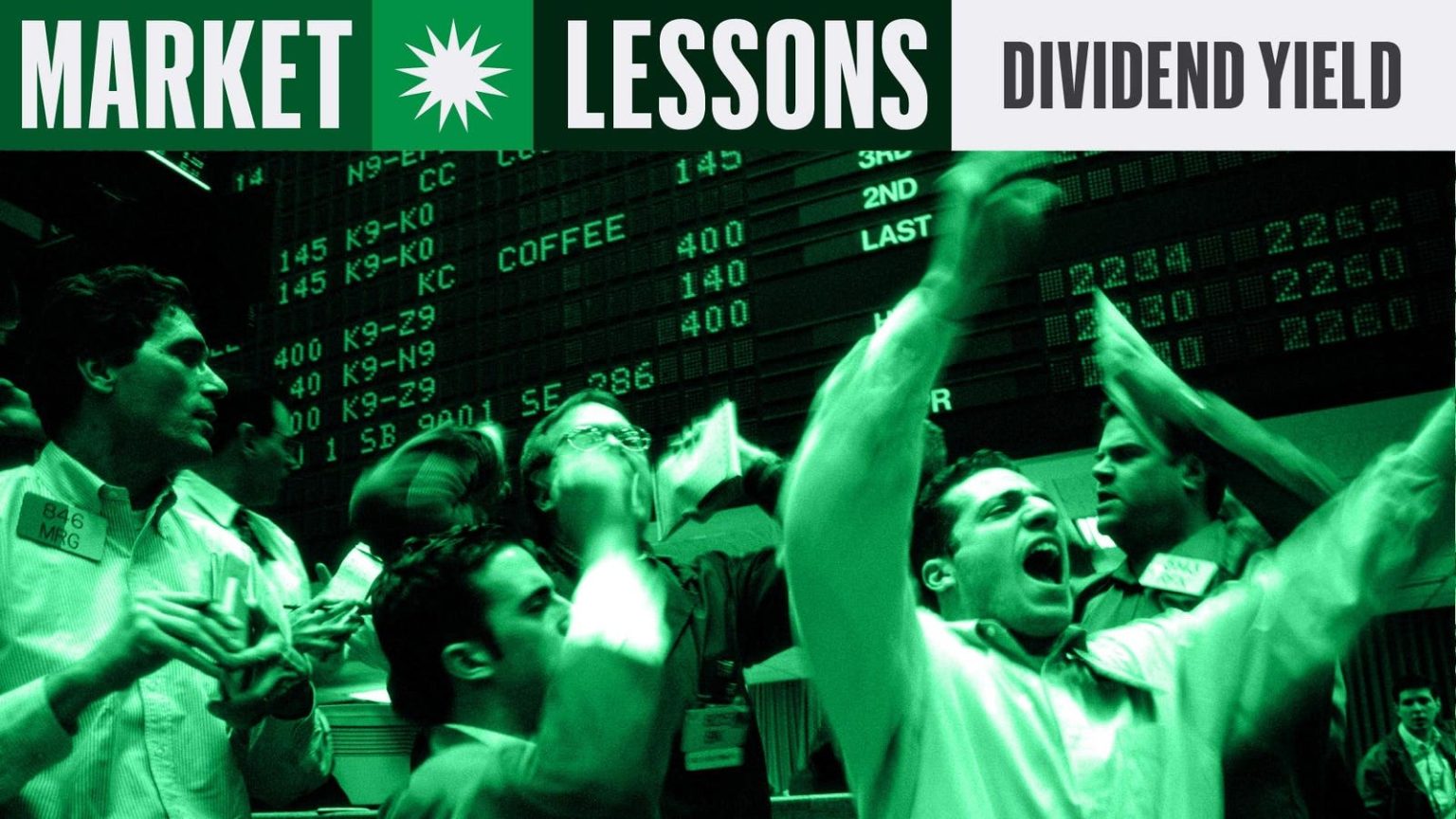Investors often look at the yield of a stock, which is calculated by dividing cash dividends paid over the past four quarters by share price. This, along with the price/earnings ratio, is a key factor for many investors when considering which stocks to buy. Some blue chip stocks with high yields include Verizon, Ford Motor, and United Parcel Service, offering more immediate gratification than the average U.S. stock, which currently yields 1.4%.
In the past, dividends were seen as the main reason to own a stock, with the stock’s value equaling the discounted present value of all future dividends according to the dividend discount model. However, with dividends becoming less important for many companies, this theory is losing relevance. Nearly half of the nearly 2,000 U.S. companies with market values of $1 billion or more do not pay dividends, with reasons ranging from financial weakness to reinvesting profits back into the business.
While generous dividends are appreciated by investors looking for regular income, there are downsides to high yielding stocks. Companies that pay high dividends typically have slower earnings growth, limiting potential future dividend increases. Additionally, there is always the risk that a high dividend may not be sustainable, as seen with cases like General Motors going bankrupt after years of high dividend payments. Companies with high payout rates above 100% may also be risky for cautious dividend investors.
Some dividend-paying companies may be in declining industries, like cigarette makers or oil companies. Earnings at companies like Altria Group are being sustained by price increases, but with declining customer numbers, their long-term sustainability is questionable. Oil companies also face challenges with high dividend yields and low P/E ratios indicating potential future struggles. However, some companies are distributing cash through share buybacks, which can be a more tax-efficient way to return value to shareholders.
Ultimately, while high yielding stocks may offer immediate gratification for investors looking for regular income, there are risks associated with these companies. Investors must weigh the potential downsides of limited earnings growth, unsustainable dividends, and declining industries when considering adding high yielding stocks to their portfolios. Additionally, companies that distribute cash through share buybacks may offer more tax-efficient returns, providing an alternative to traditional dividend-paying companies.


